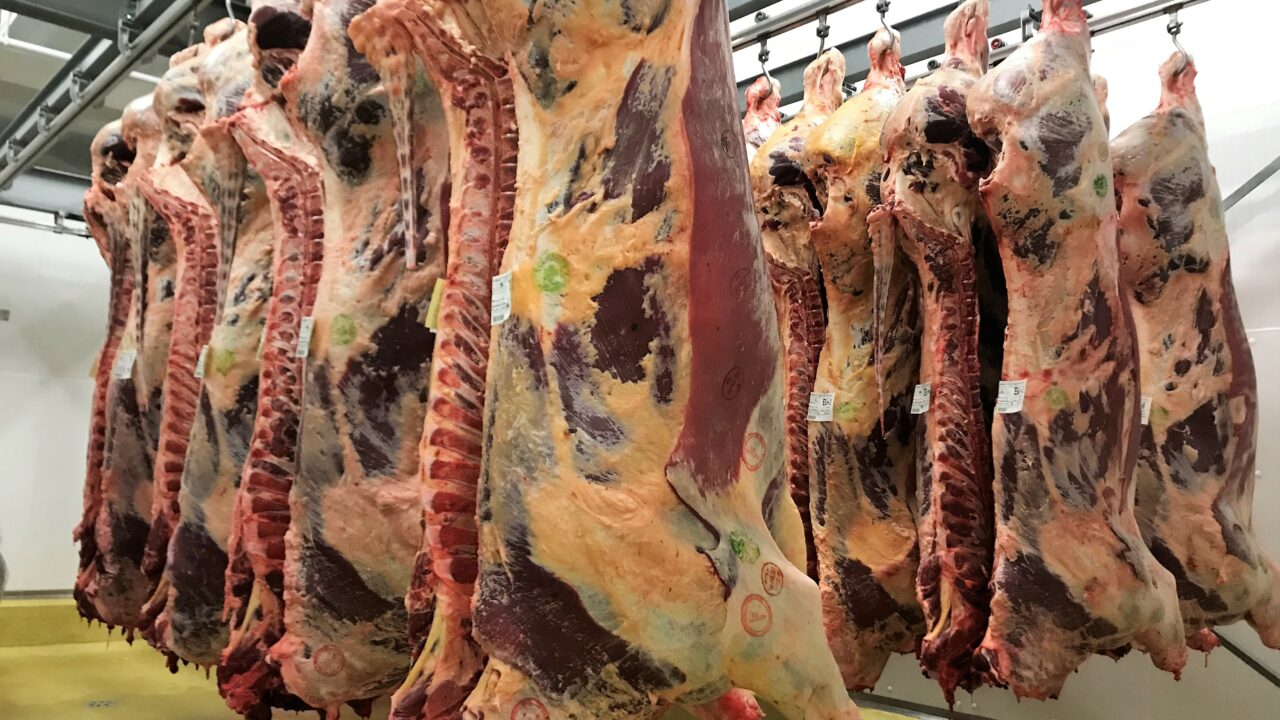Meat Industry Ireland (MII), the representative body for the meat processing industry, has said the announcement today by a UK Government secretary that tariffs would be imposed on UK agri-food imports after Brexit is “concerning and particularly damaging” to Irish producers and exporters.
According to Cormac Healy, senior director at MII, any Brexit outcome would be damaging for the Irish meat sector, and would require mitigating measures.
“However, a no-deal Brexit, in which Irish meat exports are not only faced with logistical chaos and additional trading costs, but also with the imposition of import tariffs in the UK, would decimate trade and seriously damage production in Ireland,” warned Healy.
Healy insisted that, in such a scenario, the Government here would be required to implement a tariff support mechanism that would offset the losses that producers would face, in order for them to continue trading with Britain.
“Our priority must be to maintain business with customers in the UK that has been developed over decades, and not to relinquish the market to other global suppliers,” he argued.
The potential tariff bill on exports of Irish beef to the UK could be €750 million. After all, if a no-deal scenario sees the imposition of tariffs by both the UK and EU, this is effectively taking revenue out of the agri-food sector and into the coffers of London and Brussels…therefore, it is justified that supports would be introduced.
Healy concluded by saying that, even if the UK had decided on a zero-tariff policy after Brexit, this would also be damaging and would still require some kind of mitigation.
“While the imposition of tariffs by the UK would be extremely detrimental to trade, even if the UK decided to keep tariffs at zero, and this applied to all global suppliers, then we could face a major rise in competitively priced supplies from other parts of the world,” he said.
